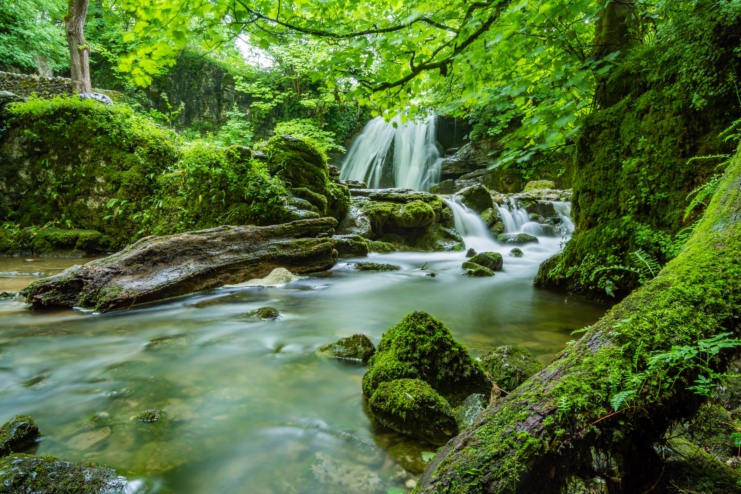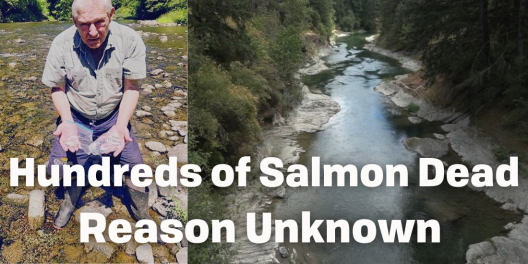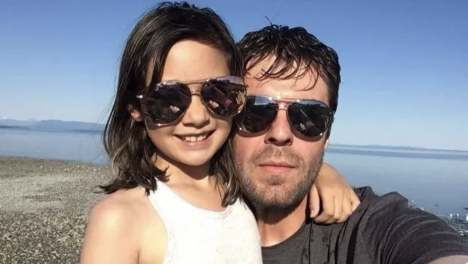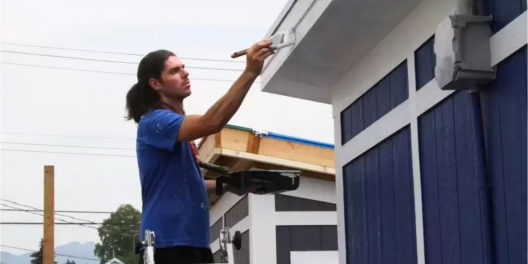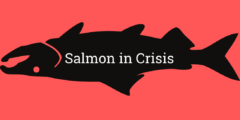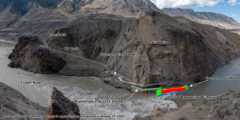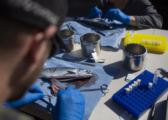Sometimes it feels like the wolf is guarding the henhouse.
Fisheries and Oceans Canada is responsible for both preserving wild fish stocks and promoting the salmon farming industry. This dual mandate has long been considered a conflict of interest that undermines public trust in the federal government’s commitment to defending wild salmon.
For good reason.
In a report investigating the 2009 collapse of Fraser River sockeye, Bruce Cohen, the B.C. Supreme Court Justice leading the public inquiry, recommended removing fish farming from DFO’s plate.
It never happened.
From sea lice infestations to outbreaks of the virus PRV, the history of DFO management of the salmon farming industry is fraught with examples of conflict.
Too often, well-intentioned government scientists point out the risk to wild Pacific salmon posed by open-net pen Atlantic salmon farming. In contrast, their fish farming counterparts in DFO try to repress the information or minimize the threat.
The latest example is mouth rot, a bacterial disease infecting Discovery Island and other factory fish farms along the BC Coast.
Mouth rot makes it hard for fish to eat and is causing mortality rates of up to 30 percent. As early as last September, DFO scientists were ringing the alarm bells about the possibility of farmed fish transmitting the disease to wild Pacific salmon.
At the time, DFO managers informed salmon farmers. But DFO failed to share the information with First Nations and the public during the consultations about whether Discovery Islands fish farms should be allowed to operate that happened throughout last fall.
In April, when Gord Johns, Courtenay-Alberni’s representative in Ottawa and federal NDP fisheries critic, asked during a standing committee meeting if Fisheries Minister Bernadette Jordan had been briefed about mouth rot disease, he failed to get a clear response.
“It begs the question if the office of the minister knew and they were in consultations with First Nations around the Discovery Islands, then why did they hold back the information?” Johns said in an interview for a story published May 13 in The Narwhal. “That’s pretty disturbing. How are they supposed to build trust? And how are Indigenous people supposed to trust government? When we talk about reconciliation and meaningful relationships, you don’t hold back information…”
The BC Salmon Farmers Association is downplaying the threat of mouth rot, saying the bacteria causing it occurs naturally in the Pacific Ocean. Furthermore, they claim their research indicates wild Pacific salmon are not affected by it.
That’s little comfort for people worried about the long-term survival of many wild salmon populations.
Johns has called DFO’s information about the bacteria “alarming.” He said it highlights the need for the feds to follow through on a 2015 election promise and remove responsibility for aquaculture industry promotion from DFO, as recommended by the Cohen Commission report.
“DFO’s role should be to protect wild salmon,” Johns said in The Narwhal article. “That should be their sole responsibility.”
Coastal communities, ecosystems and First Nations all depend on Wild Pacific salmon.
Once salmon disappear from a stream, it takes a monumental effort to bring them back.
Historically the reasons for wild salmon’s decline are complex, from watersheds decimated by industrial logging to the pressures of commercial fishing.
But DFO’s role shouldn’t be minimized.
Research shows open-net fish factories present a clear and present danger to our dwindling wild stocks.
Now more than ever, DFO needs to embrace precaution rather than fish farming promotion.
However, time and again, DFO’s murky mandate to both champion the largely foreign-owned floating Atlantic salmon factories and preserve Pacific stocks threatens wild salmon and erodes public confidence.
We deserve better; so do salmon.
